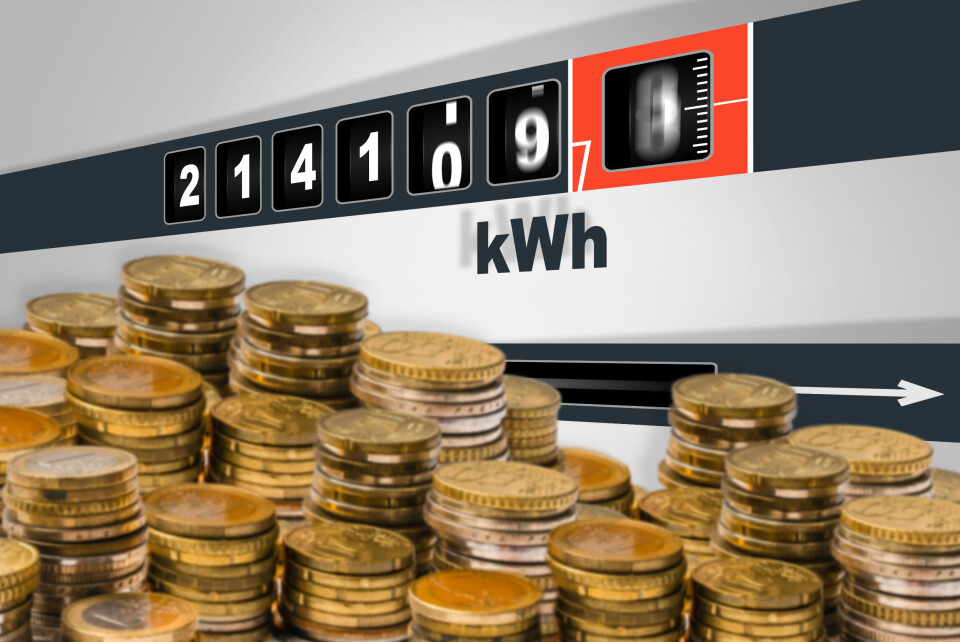-
Travellers risk extra costs under new Eurotunnel ticket rule
Some fare options are less flexible and less forgiving of lateness
-
May will be difficult month for train travel in France, warns minister
Two major train unions are threatening to strike and are ‘not willing to negotiate’, he says
-
Larousse dictionary adds 150 new French words - which ones do you know?
The new words come from trends in sport, nature, leisure, food, medicine, and the rest of the French-speaking world
Energy costs: French mayor buys pupils fleeces as heating drops to 19C
A school in Normandy has taken an unusual approach to combat rising energy prices as the government advises everyone to lower their heating to 19C

A mayor in Normandy has taken a novel approach to rising energy prices, by lowering the heat at a school and giving a fleece to each pupil.
Gabriel Daubes, in Périers, said that he would be buying a fleece for each of the 350 schoolchildren, as winter approaches and the school’s heating will be set at just 19C.
He told FranceBleu: “This is one of the measures that will complete a series of ways to reduce the town’s energy use.”
The town has also isolated and filled in building leaks, is set to “totally extinguish all public lighting from 23:00”, and will “drop the heating to 19C”.
The government recommends this temperature for heating as a means to reduce heating bills, in a bid to significantly reduce the price of energy across the country.
Read more: Energy costs: France’s mayors warn of risk to public services
The measure is not without cost for the community, but in the long-term it should pay for itself several times over. Mr Daubes said: “When it comes to the cost of energy, we are aiming to reduce use by 10% in two years, which amounts to about €20,000.
“The fleeces will cost €6,000,” he said. “Each pupil will have their own fleece, a bit like the region gives them a computer, or the department gives them a dictionary – we’re giving them a fleece.”
It comes as the government issues recommendations for people in France this winter, and has suggested that homes are heated to no more than 19C.
Prime Minister Elisabeth Borne said: “The rule is to heat to 19C.”
In Switzerland, the government has put a similar rule in place, and is even working on issuing sanctions to households and businesses that do not “respect the federal rules”. People may “easily be issued light infractions”.
But France has ruled out a similar process.
Ecology Minister Agnès Pannier-Runacher said that there is “no question” of setting up a “temperature police” for individual households. She said: “The idea, rather, is to help households. Our philosophy is to help households to work with the changes and accept them.”
She said that the 19C figure had not been chosen as random, and actually comes from a 1977 Journal Officiel decree, which was set on July 25 that year. It also features in article 241-25 of the Energy Code, she said.
In contrast, businesses that do not respect the rules could be sanctioned. Businesses have been required to limit heating to 19C since the energy code rules of 1978.
Businesses that breach the rule could, in theory, be sanctioned to pay a fine of €1,500 (and €3,000 in case of multiple offences).
According to the government and the French environment and energy management agency l'Agence de l'environnement et de la maîtrise de l'énergie (Ademe), lowering the heating by one degree compared to the usual temperature would result in energy savings of 7%.
Read more: Tips for saving hundreds of euros on annual energy bills in France
Related articles
Energy bills in France ‘would double in 2023 without state protection’
Rising energy bills: France to keep price cap in 2023
What energy price rises can people in France expect for 2023?
























